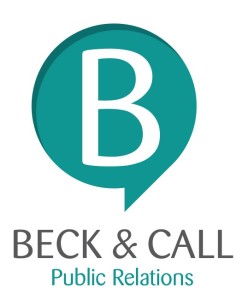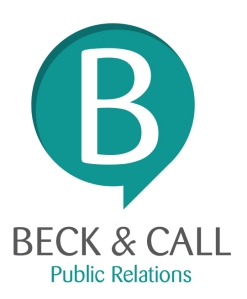When I was growing up, I didn’t dream having a career in PR, if I am honest, I didn’t even know such a thing existed other than in the world of Absolutely Fabulous. When I was small, I had several dreams of what I would be which included:
Becoming a nun (I was about 8) – not because I was particularly religious but because I had a kid crush on Captain von Trapp from The Sound of Music. I don’t think wanting to marry a handsome man is reason to become a nun.
A heart and a lung surgeon (I was 11) – turns out I was ok at science (not great but ok) and biology was my best science but given I couldn’t really deal with any of the dissection stuff I doubt I would have been a success.
A lawyer – Not sure what prompted this desire.
I am sure if I spoke to my mum, she would have a full list of careers I had dreamt of. In the end I decided that I wanted to be a journalist and between the ages of 16 and 18 did quite a bit of work experience on local newspapers before heading to university to study a journalism degree.
I loved journalism until the point that I graduated and got a job as a journalist (well editorial assistant) at which point I realised that it wasn’t for me. I didn’t like the intrusiveness, the fact you were expected to knock on people’s doors at bad times in their lives and I didn’t enjoy the newsroom atmosphere (shouty with a lot of testosterone). After only a year I had a rethink and decided I still wanted to write, and I wanted to speak to people and hear their stories and that led me to the world of PR.
20 years later and I still love it. I love hearing what makes people tick, how they got to where they are, why they need help and helping them share that story. Whether it is working with a charity, getting a small business seen, helping people promote the work they are doing I enjoy it. I still get the same buzz when an event goes well, or I see a client in print or hear them on the radio as I did when I started out. In fact I maybe feel it even more now since I started working for myself and have my own clients, because I really enjoy working with all the businesses, I do PR for.
What do you love about your work?

